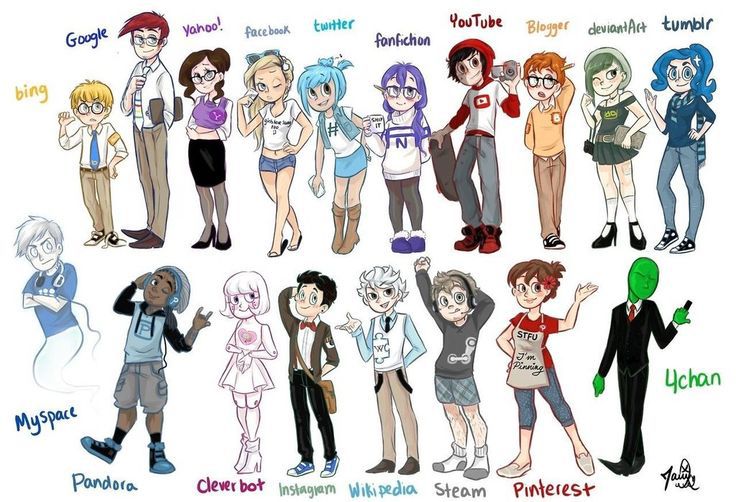[Part 1 of 9: The Social Animal Series, Part 2, Part 3, Part 4, Part 5, Part 6, Part 7, Part 8, Part 9]
Last year I wrote a blog called Alone Together: Is social media changing us? in which I discussed Sociologist Sherry Turkle‘s assertion that social media is changing us and taking us to places we don’t want to go. At the time I said that social media was just reflecting us, but now I see that Turkle and I were both right.
Turkle was mainly concerned with how, when we are on social media (or communication technologies, as she referred to them), we are absent from the world around us – our children, our friends, our family, and our work colleagues. I haven’t seen too much of this behaviour, but there has been a definite shift online as to what people feel they can say freely. Things that people would never say face-to-face. However, secure in their own houses watching telly or whatever it is they are doing whilst tweeting or leaving people mean messages, it is very easy to cross a line and not really think about the effect your words can have on the rest of the world over the Internet.
Are these people a crazy minority? These people who have taken to the Internet to troll and verbally abuse others. It would be nice to label them as such. It keeps our lives tidy. Social psychologist Eliot Aronson, in his classic social psychology handbook: The Social Animal, says we tend to label people when we want to separate them from ourselves.
But why is it that certain people feel the need to be so awful? And don’t we all engage in some sort of awfulness one way or another? For example, 60 per cent of conversations between adults are about someone who isn’t present. But, when did we cross that line to openly gossip and criticise on the Internet?
Is technology taking us where we don’t want to go? Or are we having honest conversation? According to Aronson we are constantly adapting and reforming due to social influence and asks:
- How are people influenced?
- Why do people accept influence?
- What are the variables that increase or decrease the effectiveness of social influence?
- Is influence a permanent effect or a transitory one?
We are social animals and we are conditioned from birth to give people what they want from us. Will we continue like this or not? Or do we need some sort of law on the Internet to rein in our behaviour.
To answer these questions I will be looking at each of the chapters of The Social Animal and social media in order to see if we are being changed. How that happens? And why?
No one really knows how social media works, but we do have some idea of how people work, thanks to social psychology. As Aronson says, we are all social psychologists. We spend a lot of time talking about the effect other people have on us, wittingly and unwittingly changing our behaviour to adapt.




22 comments